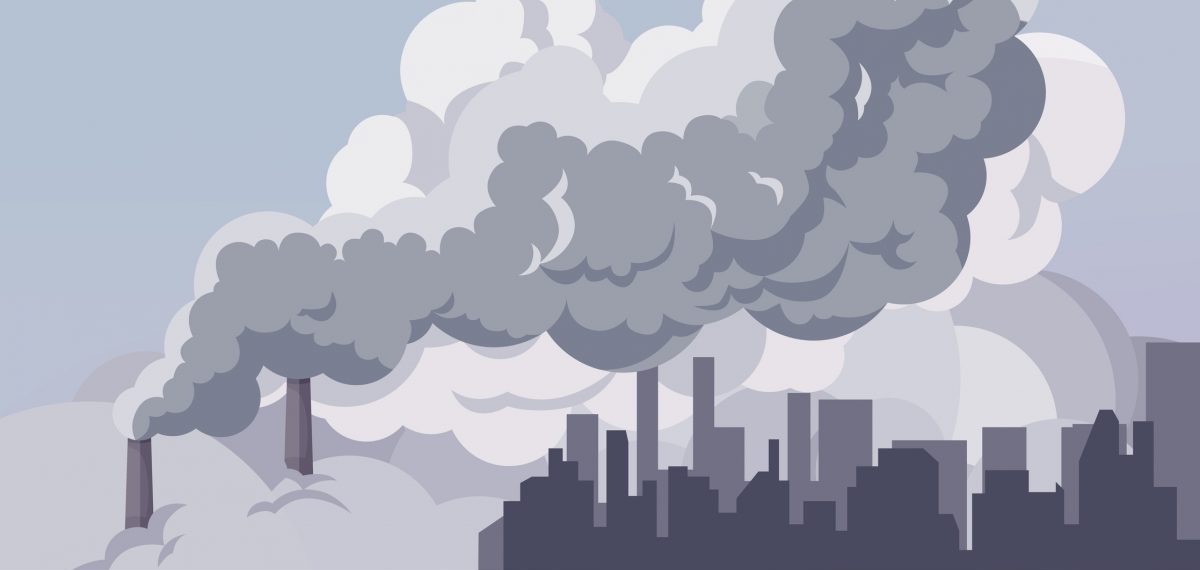CO₂ emissions stagnate despite lower energy consumption. Think tank calls for faster expansion of renewables.
2022 was a record year for renewables in Germany. In addition, energy consumption fell to its lowest level since reunification, by 4.7 percent or 162 TWh compared to 2021, according to calculations by the think tank Agora Energiewende. This was mainly due to massive price increases for natural gas and electricity – a consequence of the Russian war of aggression, which led to austerity measures in many places.
Despite these positive balances, Germany has fallen short of its climate targets, Agora criticizes. The increased use of coal and oil as a short-term substitute for gas has wiped out emissions reductions, he says. Greenhouse gas emissions stagnated at around 761 million tons of CO₂, narrowly missing the reduction target of 756 tons.
For 2023, the association is calling for a turnaround: the German government urgently needs to implement structural measures to achieve both climate targets and energy security. This would include, among other things, significantly more wind power, the expansion of which is currently in crisis.
In response to the consequences of the war, the German government last year announced an acceleration of the energy transition. In connection with this, the supply of the necessary raw materials such as rare earths is increasingly coming into focus. As we reported, the German Federal Ministry of Economics and Climate Protection has drawn up a key issues paper to reduce Germany’s dependence on raw material imports.
Photo: iStock/qwerty01


